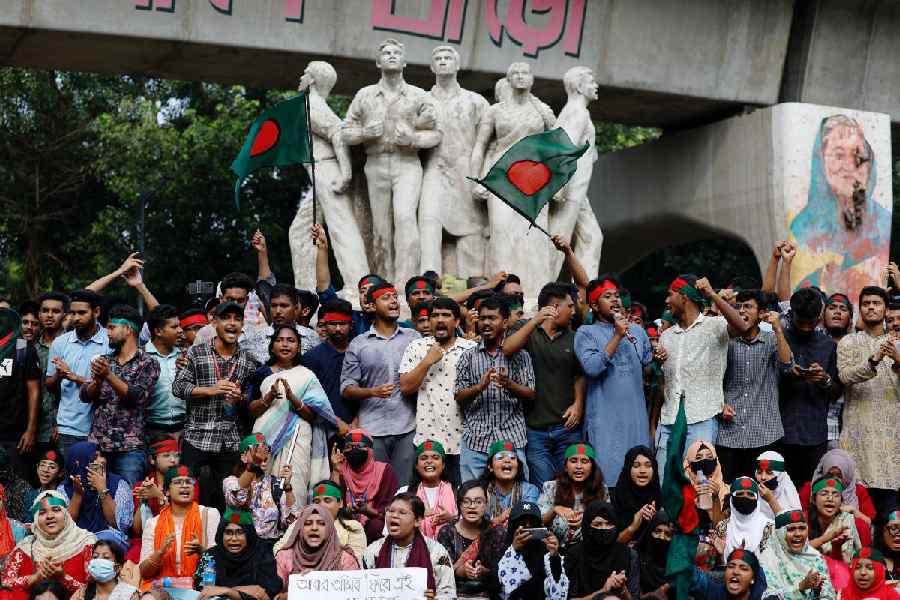Bangladesh’s student protesters, fresh from an unprecedented win in the form of the resignation and exile of the former prime minister, Sheikh Hasina Wazed, are now debating the long-term future of their movement. They are considering the formation of a new political party with the aim of presenting Bangladesh with an alternative to the two main political outfits that have dominated the nation: Ms Wazed’s Awami League and Khaleda Zia’s Bangladesh Nationalist Party, the principal Opposition force in the country. Democracies are fundamentally about political choice. So any new option for Bangladesh’s citizens to consider, such as a student-driven party, should in itself be welcome. But history shows that protest movements, including those led by students, that do succeed in bringing about change need more than intentions and ambition if they are to evolve into sustainable, lasting political campaigns that can promise meaningful transformation to a country in churn. The students thus need a vision that extends beyond the immediate demands that drove their movement as well as a clearly outlined set of policy goals around which they can seek the support of voters. So far, the student protesters have not offered Bangladesh these blueprints for the future that they envisage for the nation. If the past is any guide, this could prove to be a big challenge.
The region and the world have a long history of student-led movements that led to political change. In India, students along with the Opposition drove the movement that toppled the regime of the former prime minister, Indira Gandhi, in 1977. Many student leaders from that movement, such as Lalu Prasad Yadav and Nitish Kumar, have since had long and successful political careers. The All Assam Students’ Union, which spearheaded the campaign against migrants from Bangladesh leading to the Assam Accord of 1985, formed the basis for the Asom Gana Parishad that ruled the northeastern state between 1985 and 1990 and, then, in a second stint starting 1996. More recently, Chile’s student movement birthed a generation of new political leaders, including the current president, Gabriel Boric. Yet, in Chile, where a campaign for a progressive new Constitution backed by Mr Boric’s government was defeated, or in Assam, where the AGP has lost much of its original relevance, such movements have faced major challenges. Ultimately, Bangladesh’s student politicians will need to pass the examination of electoral democracy. They must be ready to accept whatever voters decide. That too will be their test.










